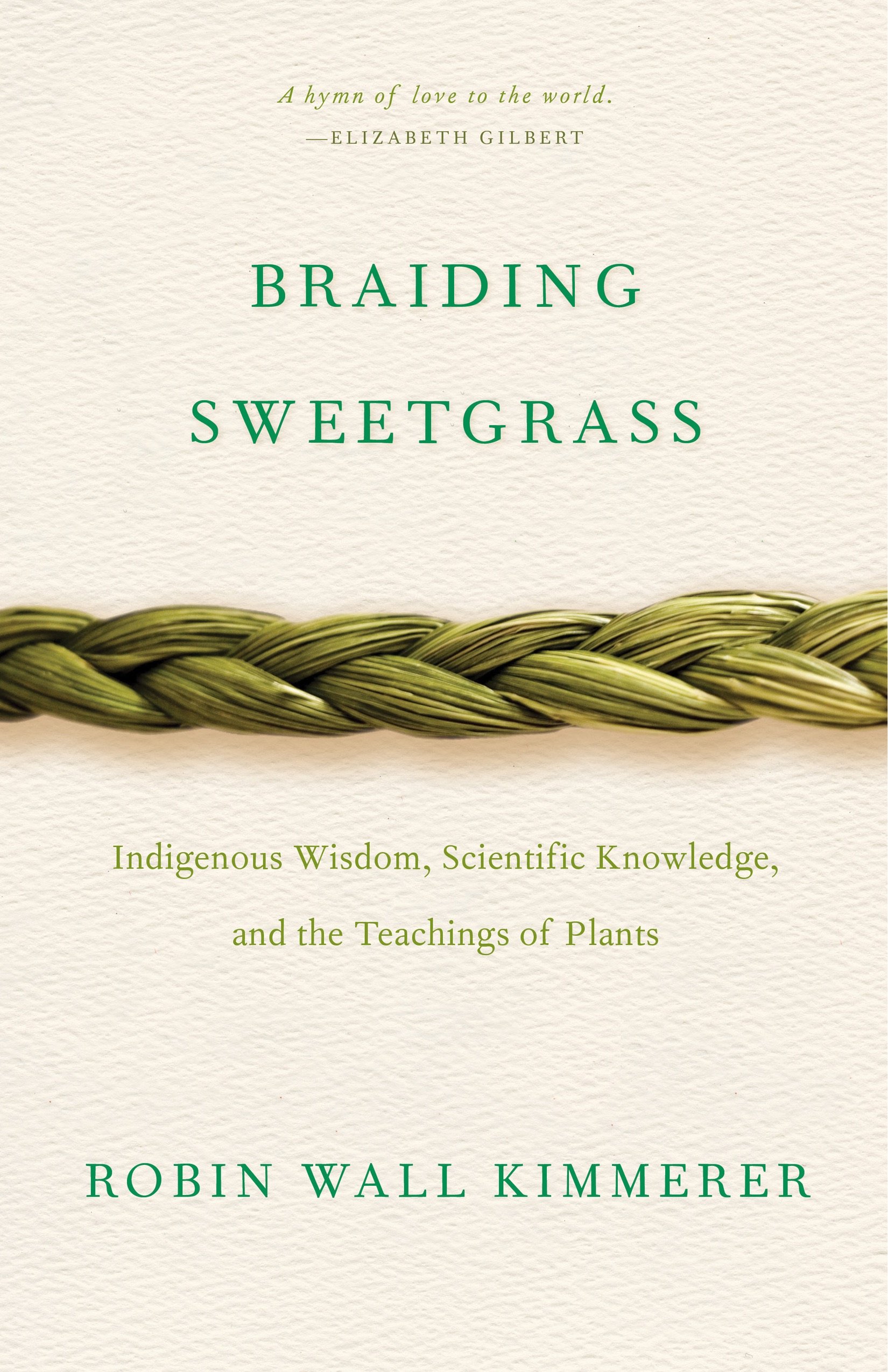Introduction
Systemic racism and other forms of violent discrimination have harmed and continue to harm our social and physical environment. It is necessary for those working at the intersection of social and environmental interests to determine the ways in which their work perpetuates the oppression of historically and systematically excluded people. This civic engagement project is intended to help promote justice, equity, diversity, and inclusion (JEDI) within the philosophy department at the University of Montana.
This page summarize the main components of the project. The full project portfolio is available through a link at the bottom of the page.

Background + Objectives
-
Develop a draft justice, equity, diversity and inclusion plan for the philosophy department that each professor would be willing to endorse.
-
Organize a public lecture on philosophy, justice, equity, diversity, and inclusion.

Heart of the Rockies
Heart of the Rockies is the fiscal sponsor and facilitator of the High Divide Collaborative (HDC), as well as generally, a partnership of 26 local land trusts. HOTR works in the region that spans the geographic area from the Greater Yellowstone Ecosystem, to the Northern Continental Divide, and to Central Idaho’s wilderness areas. The HDC is a diverse group of public and private stakeholders. The only project of its kind in the region, it brings together over 200 people in 80 different organizations to catalyze and focus conservation action in the High Divide. HOTR coordinates the collaborative structure of the HDC. This coordinated, collaborative group fosters actively engaged people and communities to work together across geographic, organizational, social, and political boundaries.
Heart of the Rockies
Layla F Saad
"Layla is an East African, Arab, British, Black, Muslim woman who was born and grew up in the West, and lives in Middle East. Layla has always sat at a unique intersection of identities from which she is able to draw rich and intriguing perspectives. Her work is driven by her powerful desire to become a good ancestor; to live and work in ways that leave a legacy of healing and liberation for those who will come after she is gone."
About Layla F Saad
Dr. Breeze Harper
"Dr. Breeze Harper has a PhD in the social sciences, with emphasis in intersectionality, anti-racism and racial-gender inclusion and equity. She holds an MA in Educational Technologies with an emphasis in racial-gender inclusion and equity in technology from Harvard University, where she received the Dean’s Award for her masters thesis work on how racial-gender privilege operates in cyberspace forums. She earned her BA in feminist geography from Dartmouth College and received the Innovative Thesis award for her work on heterosexism in rural geographies. She has 15+ years career experience as a diversity, equity, and inclusion expert."
Dr. Breeze Harper
Me and White Supremacy
This book consists of race-related topic entries. Each entry defines the topic, explains how the topic manifests, and provides reflective questions for the topic. Entries include such topics as white fragility, tokenism, white saviorism, optical allyship, being called in/out, and racial stereotypes.
About Me and White SupremacyThis civic engagement project built off my internship experience with Heart of the Rockies (HOTR), a land trust partnership working in the high divide region of North America. I was principally involved in two projects with HOTR: an anti-racism reading group, and the development of a JEDI plan. This civic engagement project integrates both components of this internship experience.
The anti-racism reading group studied Layla F. Saad’s Me and White Supremacy. This reading group provided an important intellectual and emotional foundation for people with different backgrounds and familiarity with JEDI to engage meaningfully with the material and each other. It also guided the development of the JEDI plan.
There are three aims of the JEDI plan. First, it articulates the motivations for engaging with JEDI to ensure appropriate intentions as well as to ensure long-term, sustained commitment. Second, it serves as a record of JEDI efforts, indicating the department's level of engagement over time. And third, it outlines and monitors progress towards the department's commitments.
The JEDI plan is a living document that will change over time. An investigation of how the JEDI plan changes over time will reveal how the department has upheld its commitments. The hope is that this plan will support a concerted and consistent department-wide effort to improve and expand JEDI efforts within the department, and the university.
In addition to developing a draft of the JEDI plan, I worked with another environmental philosophy graduate student to coordinate a public lecture on philosophy, justice, equity, diversity, and inclusion. Organizing a guest lecture on philosophy, justice, equity, diversity, and inclusion expanded the scope of the project outside the philosophy department. While the JEDI plan will eventually have wide-spread effect, for now it only involves faculty of the philosophy department.
Theoretical Applications
Each theoretical application identifies a topic from one of the five environmental philosophy core seminar courses, and investigates how that topic interacts with justice, equity, diversity, and inclusion.
“Topics in Environmental Philosophy” was entirely focused on Thoreau’s Walden. While taking this class, I went to a talk during which one of the panelists said “don’t teach Muir”. Well, if we shouldn’t be teaching Muir, then we likely shouldn’t be teaching Thoreau either. Yet I’m dedicating an entire semester to exclusively study Walden. To understand the environmental movement in the United States, it seems essential to study Thoreau and Muir. The evolution of the movement in the U.S. was, and still is, impacted by these early environmentalists. However, the injustices perpetrated by Thoreau, Muir, and their contemporaries against Native Americans and other historically and systemically excluded people provide strong motivations to keep them out of the classroom. How can philosophy contend with the demand to teach students the canon of the discipline, and the problem that the canon consists predominantly of members from the dominant culture, who have demonstrated abject discrimination in their work?

“Issues in the Anthropocene” was concerned with the philosophical implications of the Anthropocene: a new epoch distinguished by the global traces of human activity embedded in the geologic record. The class investigated philosophical tools for navigating this new age, and one such tool was offered by Robin Wall Kimmerer in Braiding Sweetgrass. This text wasn’t classified as philosophy, and wasn’t written by a professional philosopher. As such, it wasn’t surprising to hear students comment “this isn’t philosophy”. “Philosophy”, they said, “is about making good arguments”. And evidently this is not what Kimmerer did in this book. However, there are few female philosophers and philosophers of color. It is a discipline consisting predominantly of white, western males. Even if it is the case that Kimmerer, by the current standards, isn’t a philosopher, and perhaps doesn’t do philosophy, she certainly has a philosophy which offers much to those who think deeply about humans, nonhuman animals, and the environment. It is the responsibility of the discipline to acknowledge and welcome such perspectives into the canon.

“Critical Animal Studies” focused on the complexity and diversity of animal minds, emotions, cultures, and relationships. Much of the material studied in the course subscribed in some way to advancing the status of animals in the human world. A common maneuver to achieve that aim is to compare animal suffering to human suffering so as to stoke human sympathy for animals. However, making such a comparison can be problematic according to the values of justice, equity, diversity, and inclusion. For example, in the novella, Lives of Animals, Elizabeth Costello compares factory farming to the Holocaust. This theoretical application investigates how philosophy can navigate the problems when nonhuman animal welfare and human welfare come into conflict.

“Philosophical Foundations of Ecology” assessed the scientific foundations of ecological concepts such as the balance of nature, biodiversity, and invasive species. In addition, one inquiry of the course was how social values are linked with scientific investigation and applied science. A controversial applied science in which values play a part is geoengineering: large-scale high-risk climate intervention. Geoengineering is intended to prevent catastrophic consequences posed by climate change. Those who support geoengineering often present the technology as a social good, however, the social benefit of specific geoengineering techniques are dubious. Philosophers can help parse out legitimate and illegitimate social values in scientific endeavors.

“Philosophy of Technology'' investigated how disorientation in space and place impedes global justice in the face of climate change. Heidegger, one author we read, suggests that the technological lens is responsible for this disorientation, and is even responsible for the crisis in which we currently find ourselves. The technological lens allows humans to perceive all that they encounter only as resources, which has enabled and continues to enable unjust explotation. However, the technilogical lens can offer strategies to address the climate crisis. Philosophers can tease out the limitations of certain viewpoints, and offer new ways of thinking that can help justly address the challenges we face.

Actions
- Develop Scope of Project
JEDI Plan and Public Lecture
- Develop
JEDI Plan
- Develop Initial Draft
With Subcommittee
- Submit Draft to Philosophy Department for Endorsement
- Develop Initial Draft
With Subcommittee
- Coordinate
Public Lecture
- Research speaker
Send invitation
- Coordinate online logistics
conduct promotion
- Facilitate event Send thank you note
- Coordinate online logistics
conduct promotion
- Research speaker
Send invitation
- Develop
JEDI Plan
Accomplishments + Recommendations
While we were unable to meet the project objective: to secure an endorsement from each professor on the JEDI plan, we were able to write a draft of a JEDI plan to which all the professors were receptive. The faculty are interested in continuing to work toward the endorsement of the JEDI plan in the coming 2021 fall semester.
In the next iteration of the department’s JEDI plan, it would be benficial to include a section indicating how students, staff, and community members can provide feedback on the plan.
We gained about 50 registrants for the event, and consistenly had about 40 participants during the event.
For future public lectures, it would be beneficial to collect information about the registrants regarding their academic disciple, or career field to gain a better understanding for the reach of the lecture across the University community.








